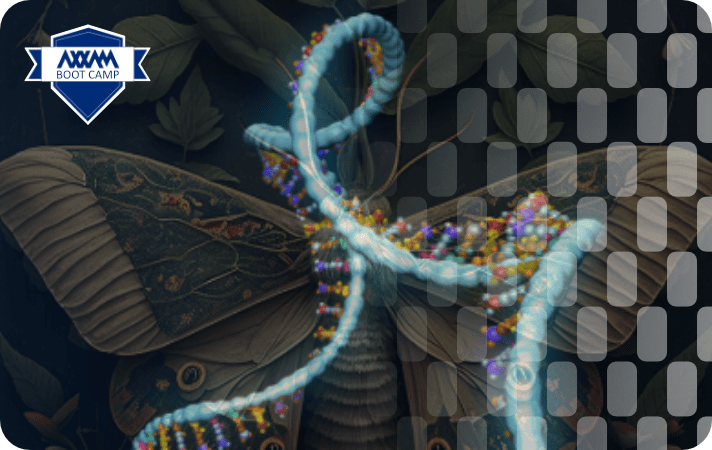Webinar

The Silence of the Guilty! RNAi-based cellular models
Webinar Summary:
RNA interference (RNAi)-based approaches found various applications in medicine and deconvolution of disease related pathways and are again the focus of attention for noncoding RNA-based therapeutics and drugging the RNA world with small molecules.
During the webinar we will present how RNAi-based approaches can be used for generating appropriate in vitro cellular models relevant for neurological or other diseases. These models could provide integrative platforms for high-throughput screening (HTS) campaigns and/or find application in orthogonal (secondary/specificity) assay development.
First, we generated a pathologically relevant cellular model using small interference RNA (siRNA)-mediated gene knock down of a disease-related splice factor in a neuroblastoma cell line. Gene silencing and modulation of two dependent splice variants was monitored by RT-qPCR using a triplex TaqMan® assay in miniaturized 384-well plate format. Splice variant modulation was followed and confirmed on the protein level with the use of HiBiT technology and an engineered neuroblastoma cell line in which a normal (healthy) splice variant was endogenously tagged with HiBiT via CRISPR/Cas9.
Secondly, HTS-compatible assays for inducible knock-down (KD) and splice factor depletion were developed using doxycycline-inducible short hairpin RNA (shRNA) expressing lentiviral vectors. Both TaqMan® and HiBiT assays were developed and optimized on the downstream targets suitable to identify compounds that might revert mis-splicing or compensate the depletion effect.
Furthermore, RNAi-based approaches in other relevant cellular models and applications for target validation will be illustrated and discussed.
Keywords:
Noncoding RNA; siRNA; lentiviral shRNA; inducible knock-down; RNAi-based assay; HTS-suitable; splicing modulation; TaqMan® multiplexing; HiBiT tagging; CRISPR/Cas9; disease-relevant cellular model.
Speakers:
– Katharina Montag, Unit Head, Molecular Biology
– Andrea Faedo, Head of Molecular Cellular Biology

Katharina Montag studied Biological Sciences from 1985-1991 at the University of Osnabrück (Germany) in the Departments of Microbiology, Genetics and Biochemistry. She then moved to the Max-Planck-Institute of Plant Breeding, in Cologne (Germany), where in 1995 she obtained her Ph.D. in Molecular Biology and Genetics with a thesis on transcription factors and alternative splicing.
Katharina moved to Milan (Italy) working as post-doctoral researcher at the San Raffaele Scientific Institute (DIBIT), engaged in mutational analysis of transcriptional elements and differential gene expression.
In 2003, Katharina started working at Axxam, as Molecular Biologist in various groups. Since 2018 she is Unit Manager of Molecular Biology in Axxam and responsible for management, coordination, and scientific development of molecular biology-related activities and expertise.

Andrea Faedo studied Biological Sciences from 1994 to 1998 at the University of Milan (Italy). He then moved to the Biotechnological Department (DIBIT) in Milan where he obtained in 2001 his Ph.D. in Molecular and Cellular Biology, working on microarrays and neurodevelopmental biology. In 2004, Andrea moved to University of California, San Francisco, where he gained experience in neurodevelopment. In 2010, he returned to Milan, to join the laboratory of Stem Cell Biology and Pharmacology of Neurodegenerative Diseases, led by Prof. Elena Cattaneo, working on iPS cells and their differentiation to striatal and cortical neurons. Finally, in 2016, he joined Axxam, where he is now Head of the Molecular Cellular Biology group.
